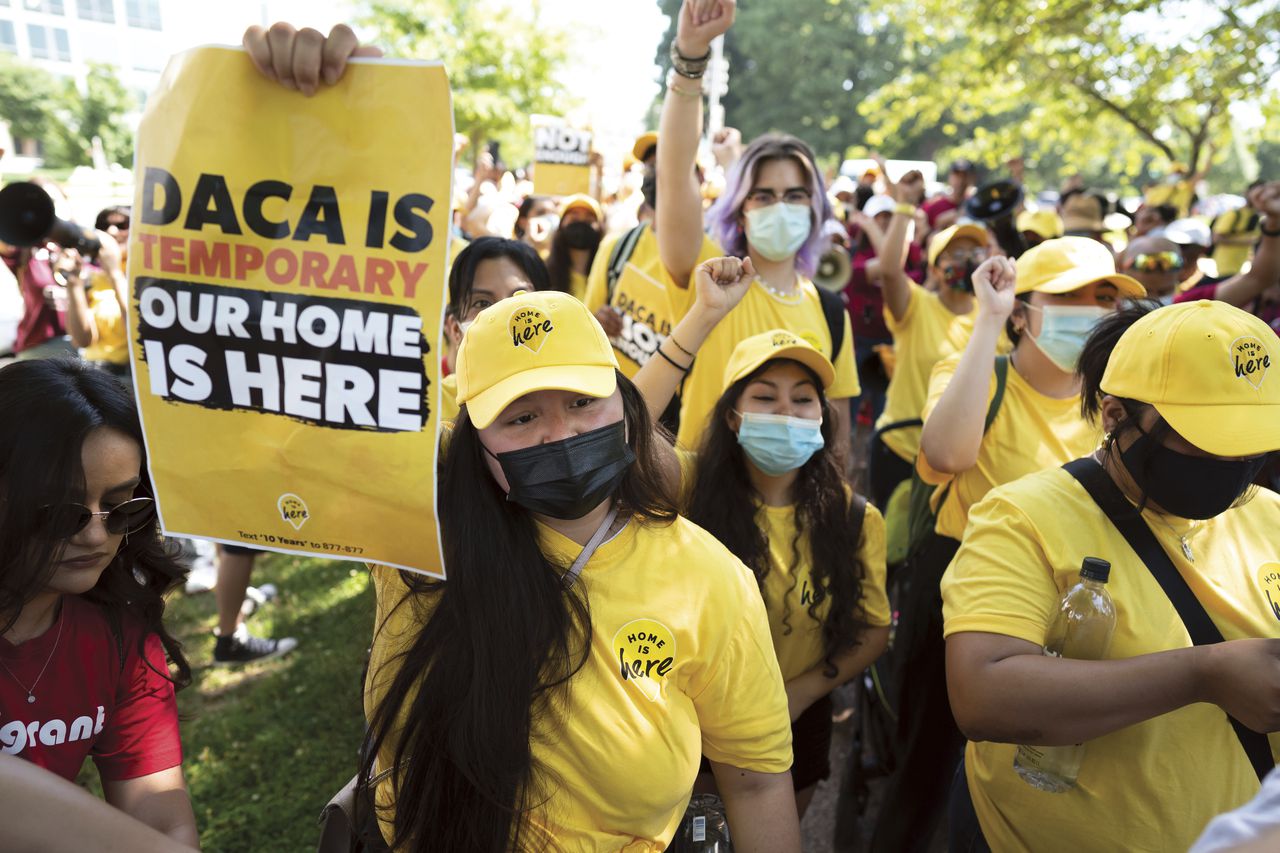Proposed California law would allow undocumented college students to work on-campus jobs
A California legislator introduced a first-of-its-kind bill that would allow colleges and universities in the state to hire undocumented students to help pay their tuition fees.
Undocumented students are ineligible for federal financial aid such as Pell Grants, student loans and work study.
AB 2586, also called the Opportunity for All Act, could make California colleges the nation’s first to let undocumented students work on-campus jobs.
“America has always promised that if you work hard, you will have the opportunity to succeed,” Assemblyman David Alvarez, who authored the bill, said in a release. “These students have fulfilled their obligation and are ready to be our future teachers, scientists, doctors and public servants. Creating these pathways to secure employment is essential.”
The proposed legislation would prohibit the University of California, California State University and California Community College systems from disallowing a student without proof of federal work authorization from applying to campus jobs. Exceptions include employment opportunities that have federal and grant requirements.
Should the bill pass, each public college campus in California would treat Title VIII — which prohibits the hiring of “unauthorized aliens” — as inapplicable because the federal law does not indicate that it applies to state governments. The legislation would be implemented within 90 days after it’s signed into law.
About 45,000 undocumented students in California are not eligible to apply to campus jobs because of their status, Alvarez said. This bars students from educational opportunities like graduate student research, teaching assistant positions and medical residencies.
“As an undocumented student deeply engaged in advocacy for our community, this legislation is much more than just a symbol of hope; it embodies the power of our united efforts,” said Abraham Cruz Hernandez, a UCLA student and organizer with the Undocumented Student-Led Network (USN). “It supports our ability to learn and earn, lifting the barriers imposed on us simply because of our immigration status.”
The legislation’s introduction comes weeks after the University of California Board of Regents determined that an initiative to allow undocumented students to work on-campus jobs was “not viable at this time.” UC officials had said they would find a way around hiring restrictions for students who don’t have protections under DACA or federal work authorization, but they missed their self-imposed deadline last November before killing the initiative altogether.
Undocumented UC students and California labor groups have long demanded equal access to jobs on campus through the Opportunity for All campaign. Last month, 25 students from the USN organized a hunger strike in anticipation of the UC Regents’ decision.
Across the country, more than 400,000 undocumented people are enrolled in institutions of higher education, representing nearly 2 percent of all college students, according to the Higher Ed Immigration Portal. Each year, 98,000 undocumented students graduate from high school, but only 5-10 percent enroll in postsecondary institutions, according to data from TheDream.US, which operates in more than 20 states but not in California.
“California has been leading the nation on passing legislation on behalf of the Dreamer community and the state has benefited greatly from expanding opportunities and access to undocumented students,” said Gaby Pacheco, the president and CEO of TheDream.US, in a statement.
Twenty-four states provide in-state tuition to undocumented students. Of those states, 18 allow them access to state financial aid. Other states have varying policies or none, while Alabama, Georgia and South Carolina prevent enrollment for undocumented students in some or all public colleges, according to the National Association of Student Financial Aid Administrators.
“We must invest in our future workforce, and remove barriers that have for far too long prevented immigrant students from enjoying fair and equal treatment in employment,” Kent Wong, the project director for labor and community partnerships at the UCLA Labor Center, said in a statement. “This is beneficial to our students, to our colleges and universities, and to our society at large.”
The bill is expected to be heard in committee on March 16.
